Imagine entering a world where machines possess the extraordinary ability to think, learn, and make decisions, just like humans. AI systems have revolutionized industries and enhanced our lives.
From self-driving cars that navigate effortlessly through busy streets to personalized recommendations that seem to know our tastes better than we do, AI has become an inseparable part of our modern society. But have you ever wondered how AI works and what incredible possibilities it holds for our future?
Before we start, let's take a moment to uncover the basics: What exactly is Artificial Intelligence, and how did it come to be?
Understanding Artificial Intelligence

Artificial Intelligence, also known as AI, is a specialized domain within computer science. Its primary objective is to create intelligent machines that can accomplish tasks typically requiring human Intelligence.
These remarkable machines are engineered to sift through massive volumes of data, learn from patterns and experiences, and make well-informed decisions without explicit programming. AI encompasses an array of technologies and approaches, including machine learning, natural language processing, computer vision, and robotics.
At its core, AI seeks to replicate key aspects of human cognitive abilities, such as problem-solving, reasoning, learning, perception, and language comprehension. By emulating these cognitive processes, AI systems can effectively address intricate problems, automate tasks, and present innovative solutions across diverse domains.
A Brief Expedition into the Evolution of AI
The origins of AI can be traced back to the middle of the 20th century when scientists and researchers embarked on a quest to fashion machines capable of mirroring human-like Intelligence.

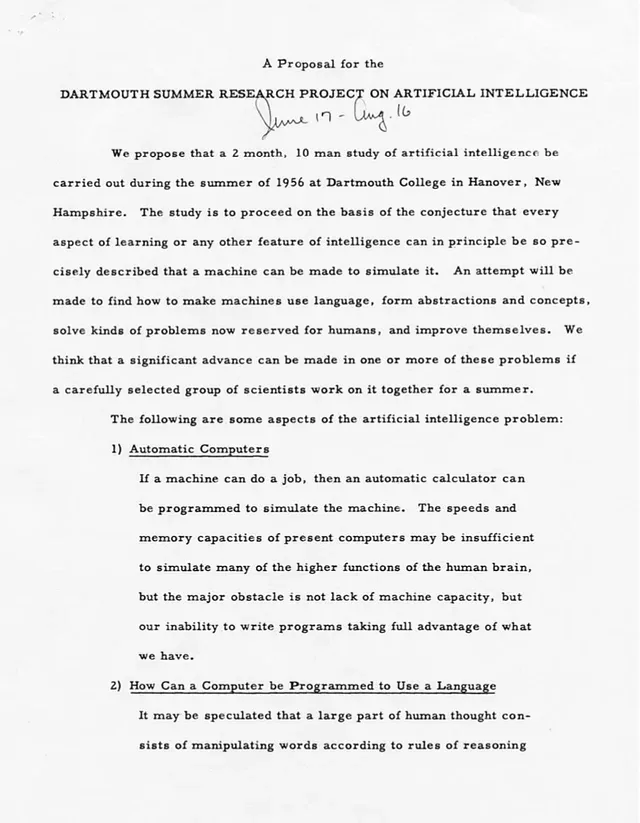
The Dartmouth Conference in 1956 serves as a significant milestone, marking the formal establishment of AI as a distinct field of study. Early pioneers, including the likes of Allen Newell, John McCarthy, and Marvin Minsky, set the stage for AI by formulating foundational concepts and algorithms.
Over the passing decades, AI experienced notable breakthroughs and encountered occasional setbacks. During the 1960s and 1970s, AI research predominantly centered around rule-based systems and symbolic reasoning.
Nevertheless, the limitations of computational power and the intricacies inherent in human cognition posed significant challenges to progress. The field witnessed alternating periods of optimism, known as AI "summers," and subsequent periods of reduced enthusiasm, known as AI "winters."
Illuminating AI Applications Across Diverse Fields

The impact of AI reverberates across countless domains, triggering transformative changes and empowering human endeavors. In the realm of healthcare, AI is spearheading a revolution in diagnosis and treatment, enabling early disease detection and personalized medicine.
Transportation is another realm significantly influenced by AI, with self-driving cars powered by AI algorithms optimizing traffic flow and bolstering road safety. In the financial landscape, AI has proven instrumental in fraud detection, algorithmic trading, and risk assessment.
AI's influence also extends to entertainment and media, where recommendation systems adeptly tailor content to our preferences, while interactive chatbots engage us in lively conversations.
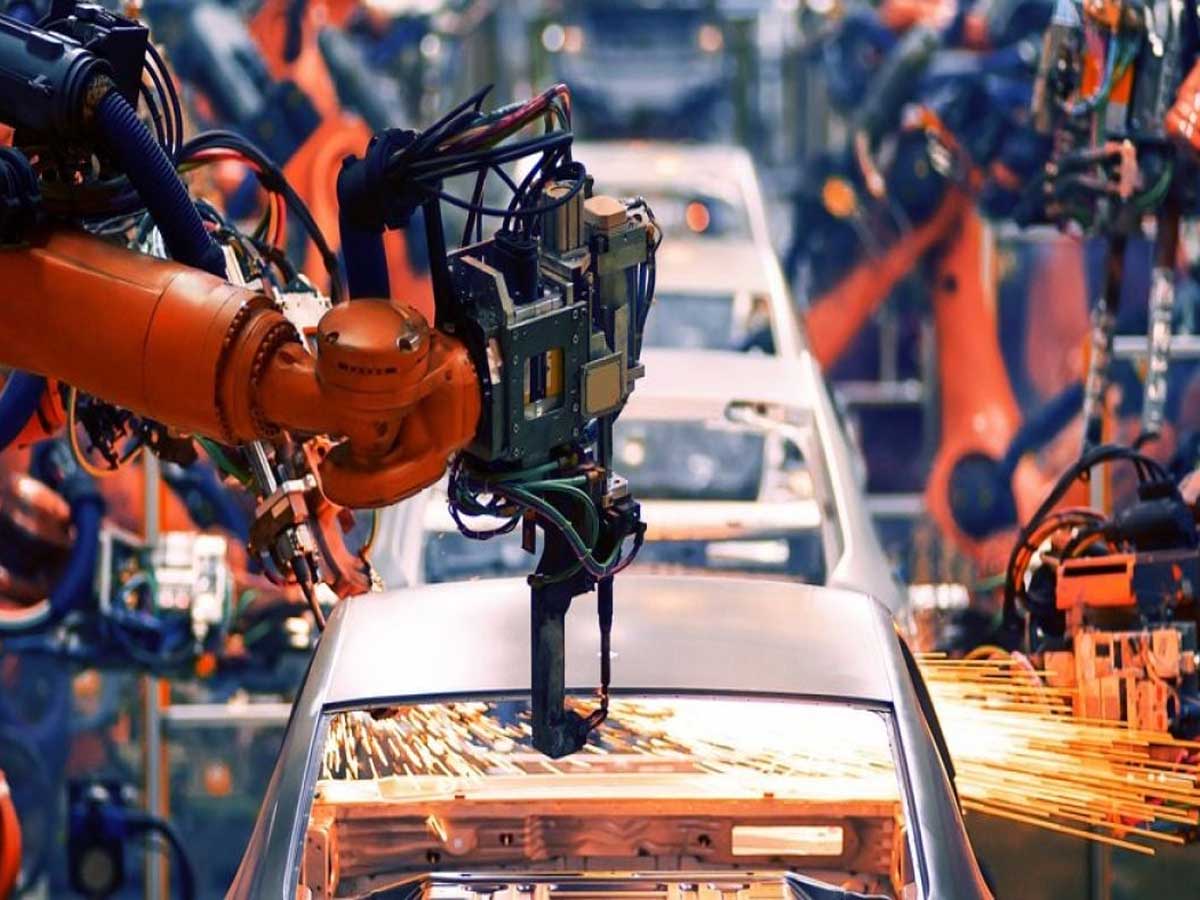
In the manufacturing sector, AI-driven automation streamlines production processes, enhances quality control, and facilitates predictive maintenance. Even within the realm of education, AI technologies facilitate personalized learning experiences and adaptive tutoring, tailoring educational journeys to individual needs.
Enhanced Efficiency and Productivity
AI empowers decision-makers with advanced analytics and intelligent insights, augmenting human capabilities. By processing massive data volumes, AI systems identify patterns and extract relevant information, enabling informed choices.
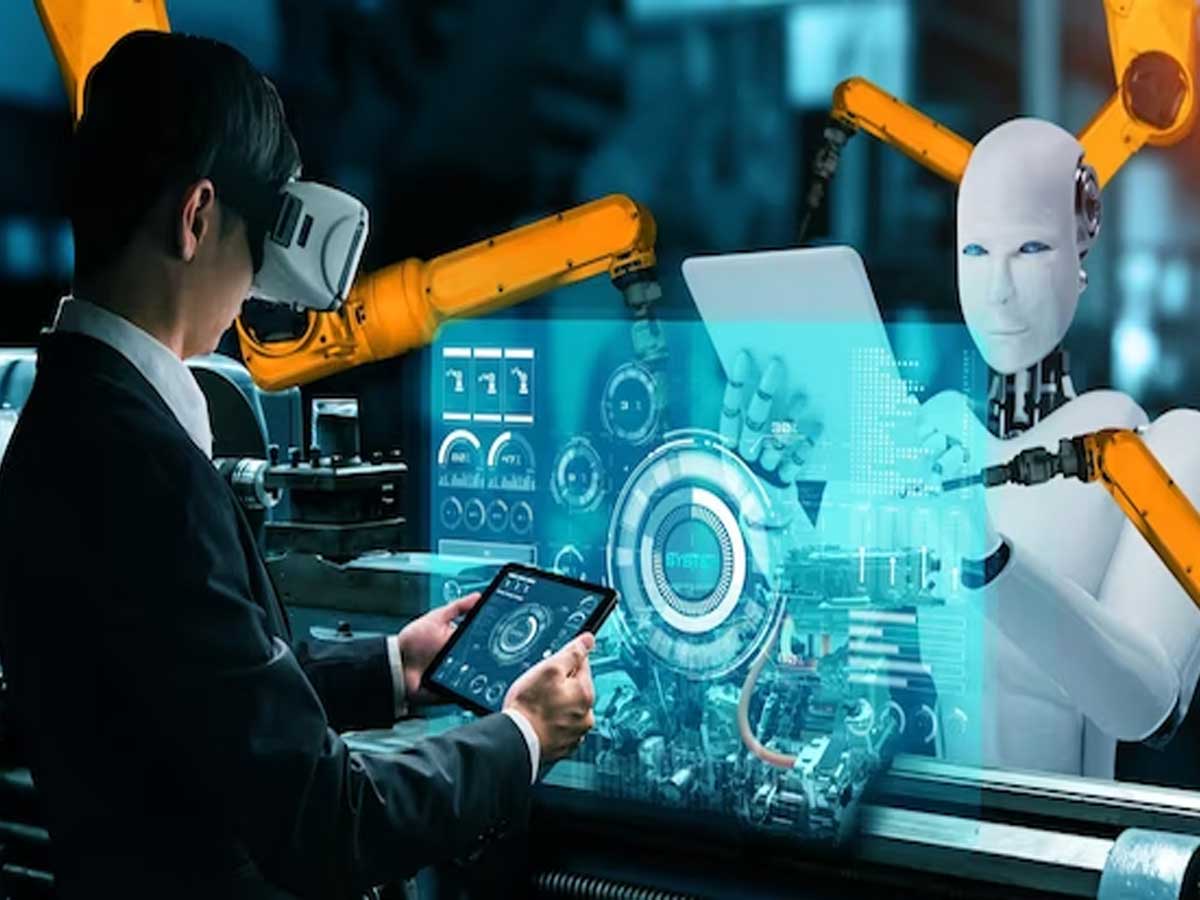
With AI's ability to analyze complex data sets beyond human capacity, accurate predictions and strategies emerge. Integration of AI transforms decision-making, leading to effective and data-driven outcomes.
AI's precision and accuracy surpass human capabilities, especially in areas demanding high precision. By minimizing errors, AI enhances output quality and reliability, reducing costly mistakes. In critical fields like healthcare and manufacturing, AI ensures exceptional accuracy for diagnoses, measurements, and quality control.
Potential Biases and Discrimination
As Artificial Intelligence (AI) becomes increasingly integrated into our lives, addressing the potential biases and discrimination that can arise from AI systems is crucial. Since AI algorithms learn from historical data, they can inadvertently perpetuate societal biases present in that data.
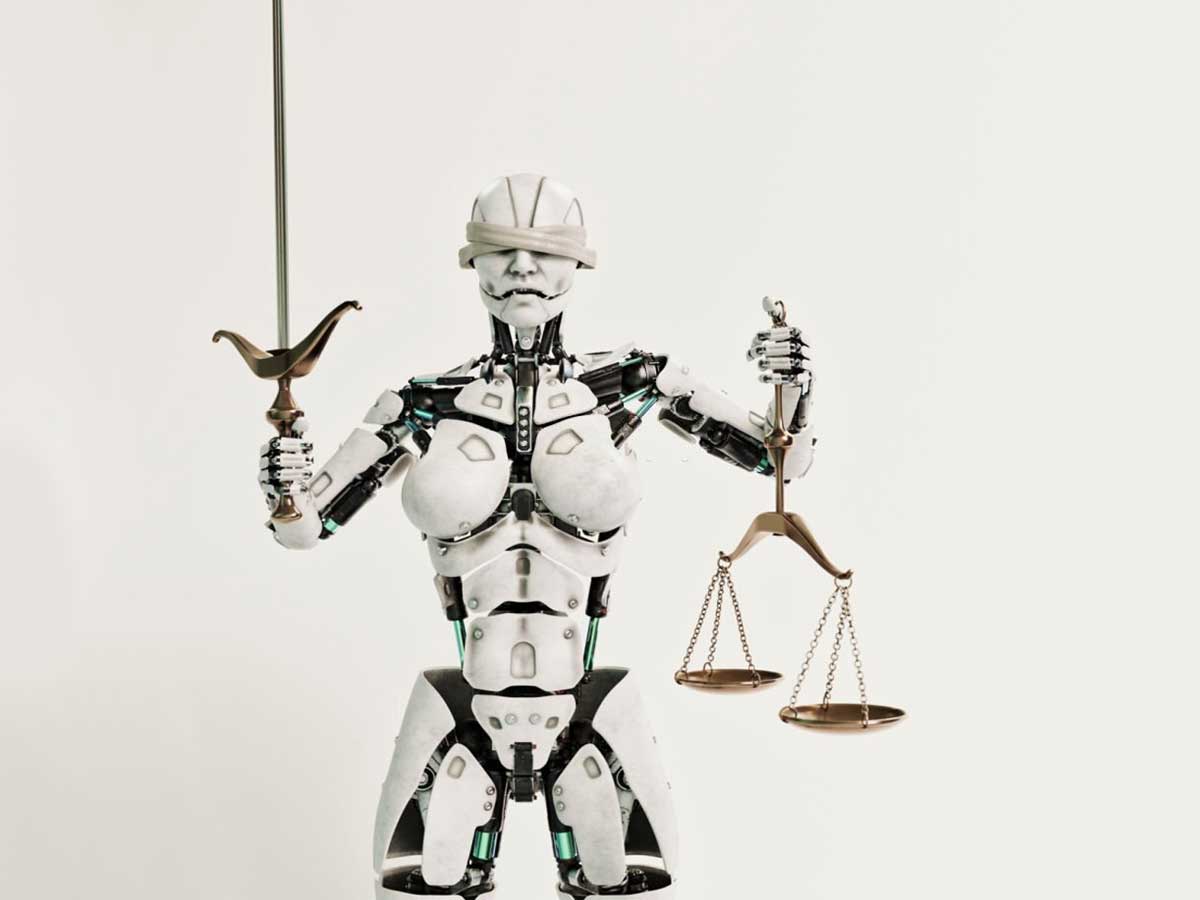
For instance, if a machine learning model is trained on biased data, it may replicate and amplify existing prejudices. This can result in discriminatory outcomes in areas such as hiring, loan approvals, or criminal justice.
Ensuring that AI systems are designed and trained with fairness and inclusivity in mind is essential to prevent the amplification of biases and promote equitable outcomes.
Privacy and Data Protection Concerns
The widespread use of AI relies heavily on collecting and analyzing vast amounts of data. This raises concerns regarding privacy and data protection. AI systems require access to personal and sensitive information to operate effectively.

However, this access poses risks if not handled appropriately. Protecting individuals' privacy, ensuring data security, and implementing robust safeguards are vital considerations. Striking a balance between the potential benefits of AI and safeguarding individuals' privacy rights is crucial for maintaining public trust and upholding ethical standards.
Job Displacement and Societal Impact
The rise of AI technology has sparked concerns about job displacement and its broader societal impact. While AI automates certain tasks, there are valid concerns about the potential loss of jobs and the impact on employment markets.
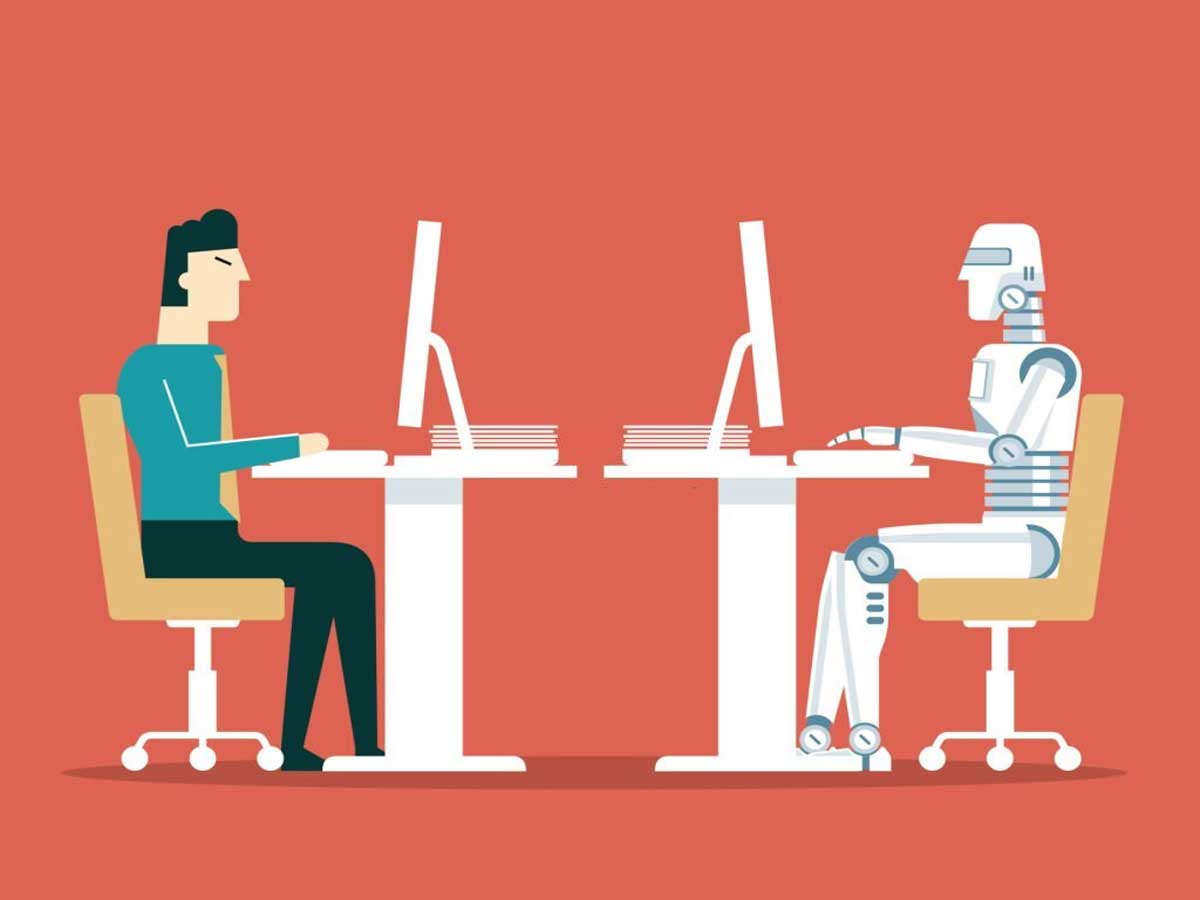
As AI becomes more advanced, certain jobs may become obsolete, requiring workers to adapt their skills or seek new opportunities. Additionally, the socioeconomic consequences of job displacement need to be carefully addressed, ensuring that individuals are supported during transitions and that new opportunities are created.
Balancing the potential benefits of AI with the need for social and economic stability is a crucial ethical consideration.
Transparency and Accountability in AI Systems
The complexity of AI algorithms and their decision-making processes raises questions about transparency and accountability.
It is essential to understand how AI systems arrive at their conclusions and decisions, especially in critical domains like healthcare or legal systems.
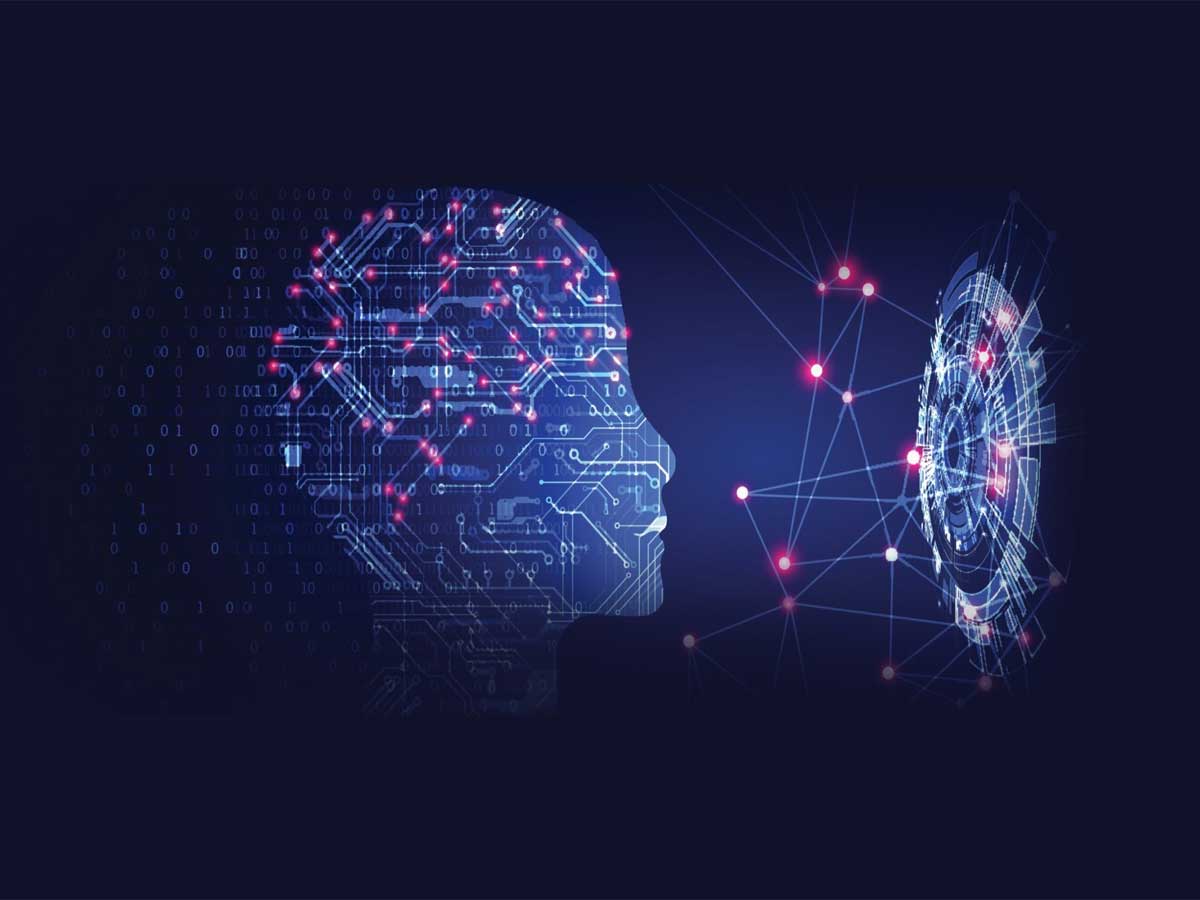
Lack of transparency can undermine trust and hinder the responsible use of AI. Establishing mechanisms for explainability and accountability in AI systems is paramount.
Organizations and developers must ensure that AI technologies are transparent, auditable, and accountable, enabling users and stakeholders to understand and challenge the decisions made by AI systems.
Challenges and Limitations of Artificial Intelligence

Developing and implementing Artificial Intelligence (AI) systems can be highly complex and challenging. Creating AI algorithms that accurately mimic human intelligence requires significant expertise and resources.
Developing robust models that can effectively handle diverse datasets and adapt to changing environments is daunting. Moreover, integrating AI into existing systems and workflows can present technical and logistical hurdles.
The complexity of AI development and implementation demands continuous research, collaboration, and innovation to overcome these challenges and harness the full potential of AI.
Ethical Dilemmas and Moral Implications
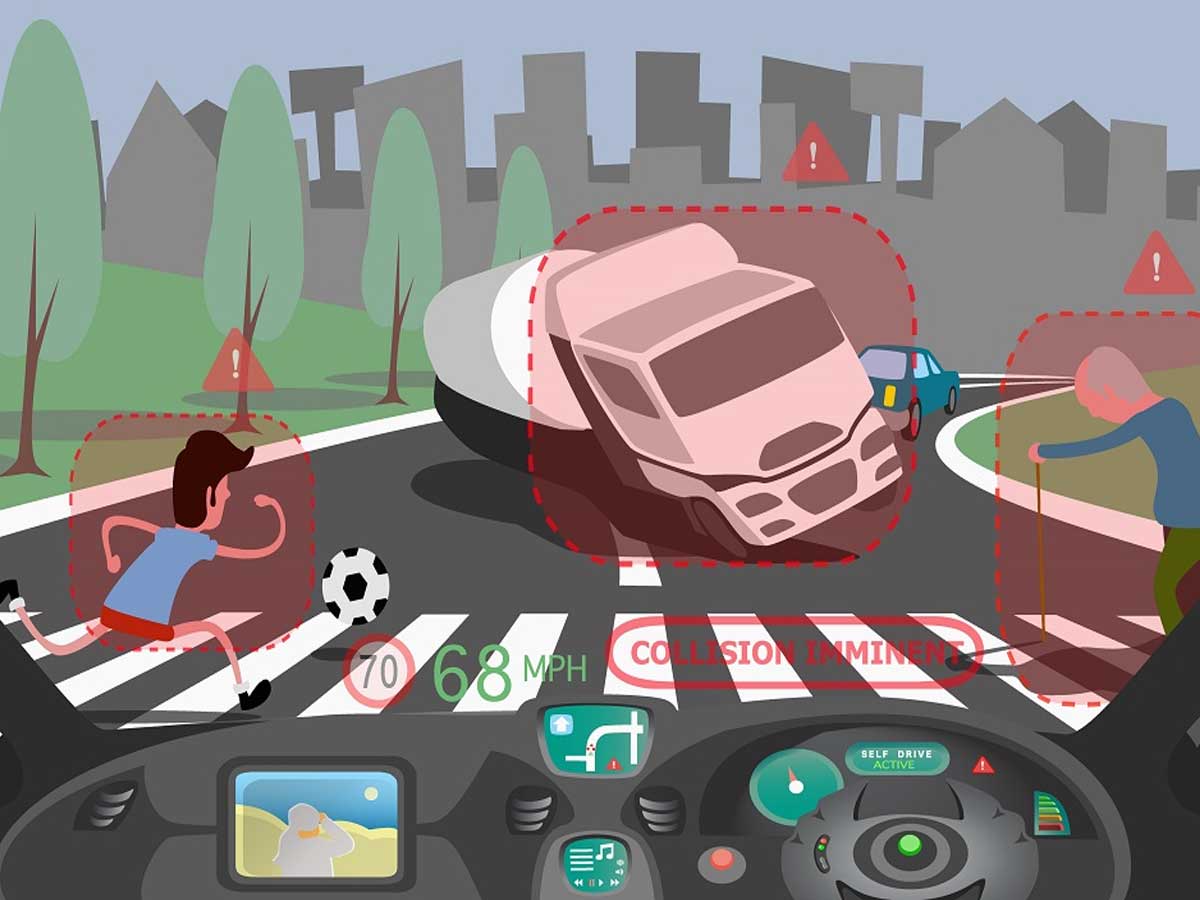
AI presents us with many ethical dilemmas and moral implications that need careful consideration. As AI systems become more autonomous and make decisions that impact human lives, questions arise about the ethical frameworks guiding their actions.
For instance, when AI must prioritize certain outcomes, determining the values and principles it should adhere to becomes crucial.
Additionally, using AI in areas like warfare or surveillance raises concerns about the potential misuse and unintended consequences. Navigating these ethical dilemmas and ensuring AI operates aligned with human values is an ongoing challenge.
Lack of Human-like Understanding and Common Sense

Despite the remarkable advancements in AI, machines still lack the comprehensive understanding and common sense that humans possess. While AI excels at processing large amounts of data and making predictions based on patterns, it struggles with abstract reasoning and contextual understanding.
Human cognition involves a deep understanding of nuances, context, and emotions, which are yet to be fully replicated in AI systems. Achieving human-like understanding and common sense is a significant challenge in the field of AI research and development.
Limitations in Handling Unpredictable Scenarios
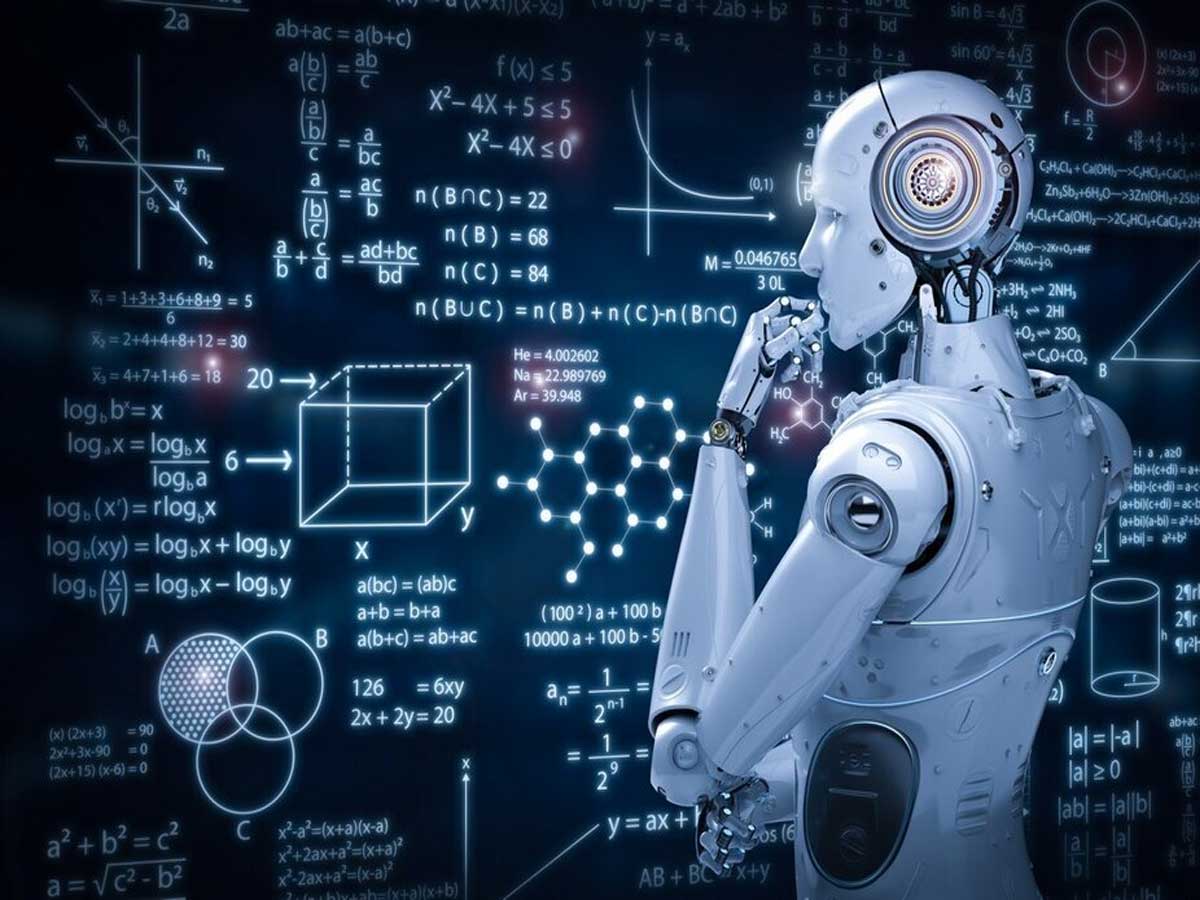
AI systems are designed to operate within defined parameters and learn from patterns in data. However, they can encounter difficulties when faced with unpredictable scenarios or situations outside their training data. AI may struggle to adapt to novel situations or make sense of ambiguous information.
This limitation poses challenges in domains where uncertainty and unpredictability are inherent, such as emergency response or scientific exploration. Overcoming these limitations and building AI systems that can handle unpredictable scenarios is an ongoing area of research and development.
Future Prospects of Artificial Intelligence
The future of Artificial Intelligence (AI) holds great promise, driven by continuous advancements in machine learning and deep learning. Machine learning algorithms enable AI systems to learn from data and improve their performance over time.
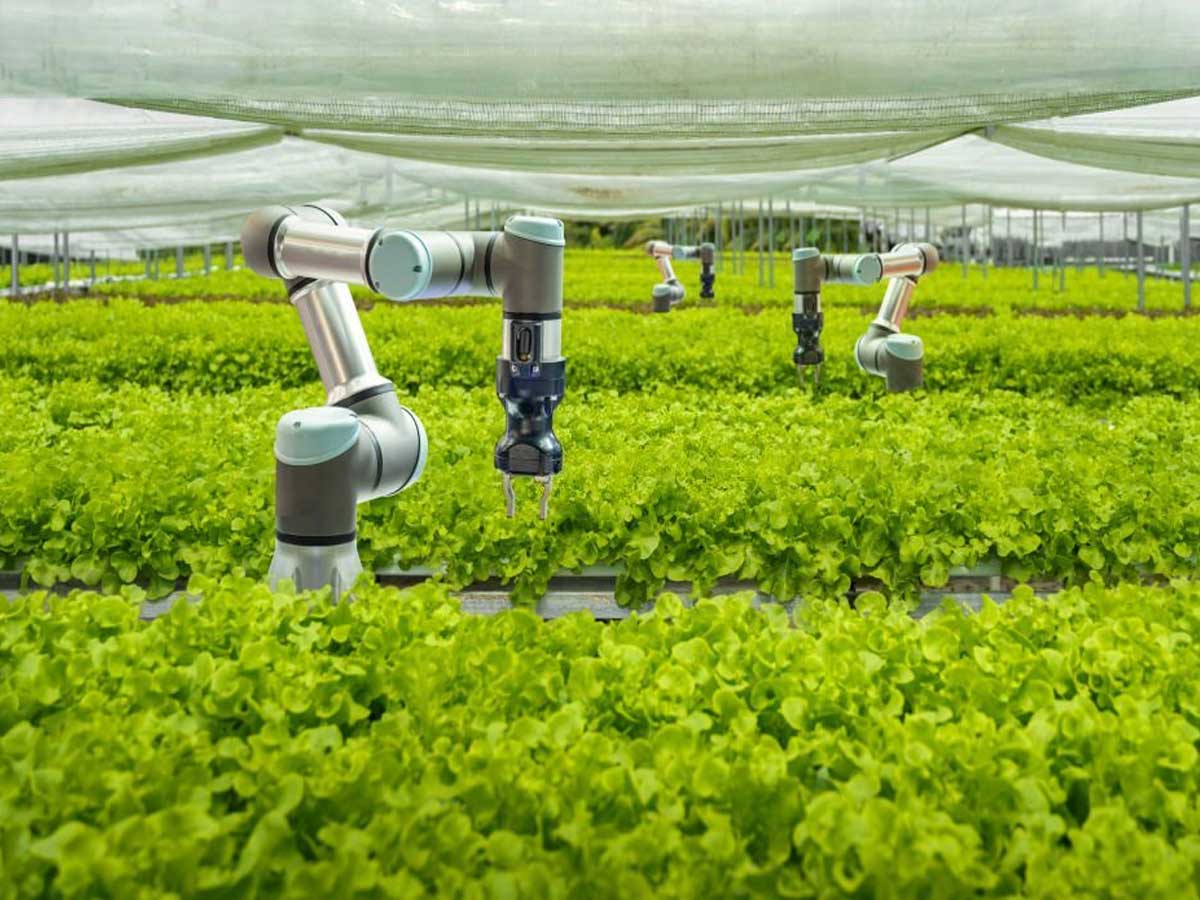
Ongoing research in the field aims to enhance the efficiency and accuracy of these algorithms, enabling AI to handle increasingly complex tasks. Deep learning, a subset of machine learning, focuses on training artificial neural networks to recognize patterns and make sophisticated decisions.
As the field progresses, we can expect significant machine learning and deep learning breakthroughs, propelling AI to new heights.
Potential Applications in Healthcare, Transportation, and Other Industries
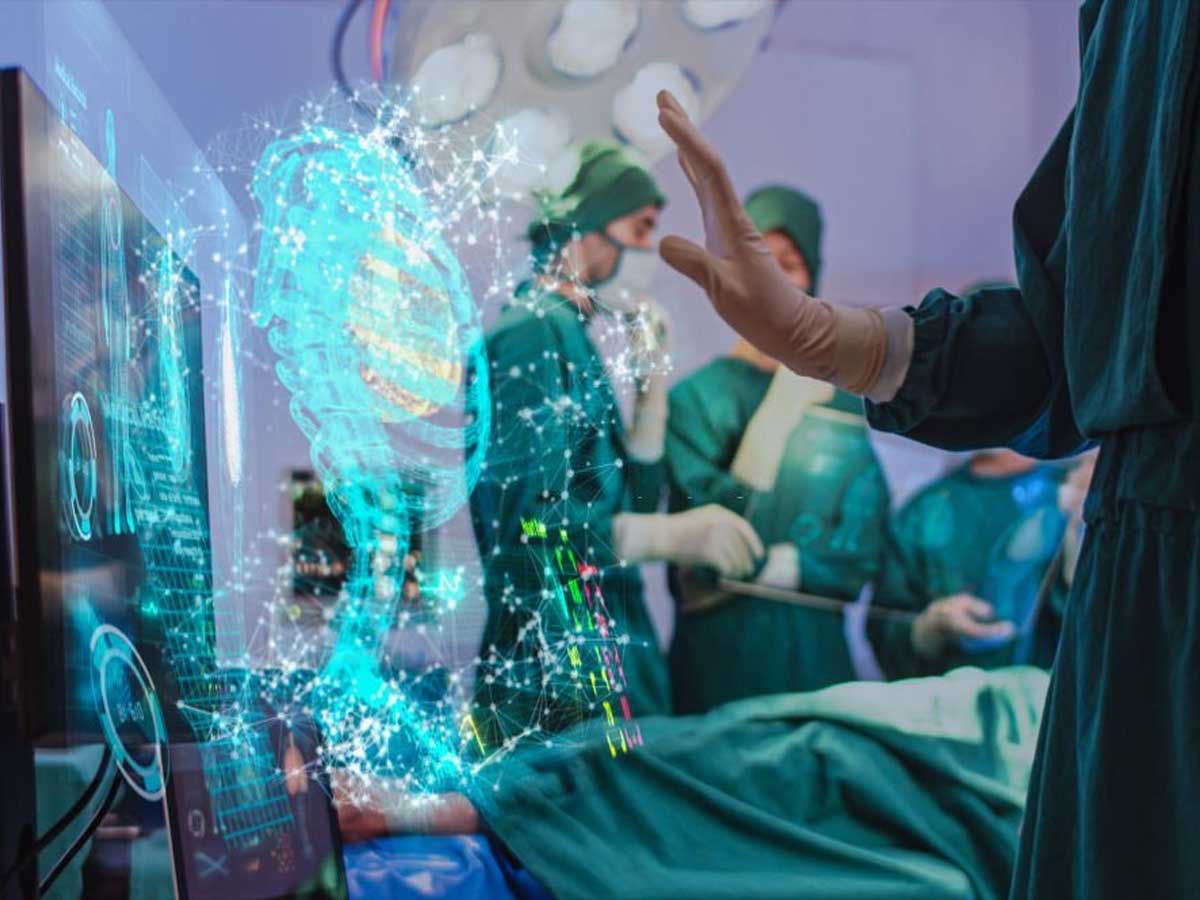
AI is poised to revolutionize various industries, including healthcare, transportation, and beyond. In healthcare, AI shows immense potential for assisting in diagnosis, drug discovery, and personalized treatment plans.
AI algorithms can analyze medical data, detect patterns, and provide valuable insights to support healthcare professionals in making informed decisions.
Similarly, in transportation, AI-powered autonomous vehicles can enhance safety, optimize traffic flow, and revolutionize our travel. Industries such as finance, manufacturing, and agriculture also explore AI applications to streamline processes, improve efficiency, and drive innovation.
The future will witness an increasing integration of AI technologies across diverse sectors, reshaping industries and enhancing human capabilities.
Impact on the Job Market and Workforce

As AI continues to evolve, its impact on the job market and workforce remains a topic of discussion. While AI can automate repetitive and mundane tasks, there are concerns about potential job displacement. Some roles that involve routine and predictable activities may be susceptible to automation.
However, AI also presents new opportunities by creating demand for skilled professionals who can develop, implement, and manage AI systems. The future workforce will likely shift towards more complex and creative roles that complement AI technology.
To prepare for this transition, investing in education and training programs that equip individuals with the necessary skills to thrive in an AI-driven world is crucial.
Possibilities of AI Surpassing Human Intelligence

One of the intriguing prospects of AI is the possibility of surpassing human intelligence, often referred to as artificial general intelligence (AGI). AGI represents a hypothetical stage where AI systems possess cognitive abilities that match or exceed human capabilities across various tasks.
While AGI remains an ongoing area of research and speculation, its potential implications are profound. Achieving AGI would require substantial advancements in AI algorithms, hardware, and understanding of human cognition.
The journey to AGI raises important questions regarding ethics, safety, and the societal impact of such advanced intelligence. Exploring the boundaries of AI and its potential to surpass human intelligence remains an exciting avenue for future research and exploration.

As we embrace the future of AI, it is crucial to remember that the true power lies in our ability to harness this technology responsibly and ethically. By integrating AI into our lives with a human-centric approach, we can ensure that it augments our capabilities, empowers us to tackle grand challenges, and ultimately creates a better world for all.
In this exciting era of Artificial Intelligence, let us remain curious, open-minded, and collaborative. Together, we can navigate the opportunities and challenges that lie ahead, shaping a future where AI serves as a catalyst for progress, innovation, and the betterment of humanity.
Sources: wired.com / arxiv.org / theverge.com













